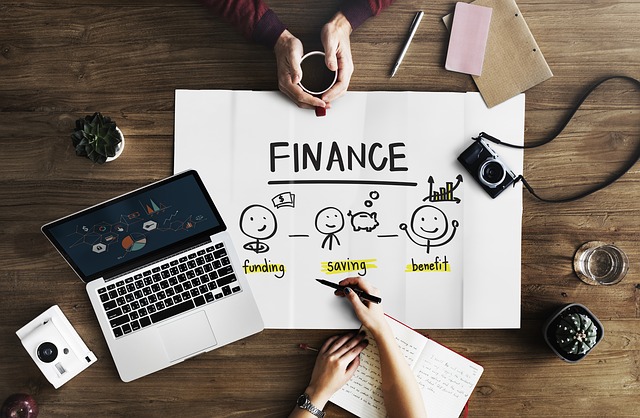
Budgeting, saving, spending, and keeping track of your everyday finances is something a lot of people struggle with. As adults, it’s important that we take personal financial planning seriously. Managing your money and knowing where it goes helps you gain better control of your life. Knowing how to save, budget, and invest ensures that you’ll have money when you need it. If you take a loan, learn to borrow only from credible sources like loanable.com. Be responsible with all your payments and be careful not to default on any policy. Follow this article to learn 4 tips to good personal finance and be on your way to a debt free and financially stable year.
Table of Contents
1. The 50 20 30 rule
There are so many budgeting strategies out there and it’s always good to try a handful first before subscribing to one rule. So what’s the 50 20 30 rule? It’s really quite simple. This budgeting rule states that 50% of your net income should go towards paying for your obligations. This include your bills, utilities, groceries, rent (if any) and so on. 20% should be allocated for savings. Whether it’s paying for investment policies, or keeping in the bank, as long as it’s intended for your savings and retirement, it should come from 20% of your income. Finally, 30% should go to your miscellaneous wants. Budgeting doesn’t mean you have to starve yourself of deprive yourself of the simple luxuries of life. You can use the 30% to dine out or watch some movie, or save it for something bigger like travel money or luxury goods.
This method works best for budgeting newbies who are not sure where to start with their budgeting goals. It allows you to break down your money into categories and helps your strike a balance between spending for your obligations, financial goals, and occasional splurges.
2. Use a personal finance software
Because we live in a digital world, having our phone with us all the time, it’s easier to track your spending using a mobile app or a software. Choosing one can be daunting though because there literally millions of applications out there that promise to give you the best personal financial management experience. But don’t worry, when you know what you’re looking for it’ll be easier to skim through the choices.
There are many types of personal finance software and financial literacy programs out there, but generally you want something that will help you track your budget and savings. There are other apps for investment, filing taxes, and managing your bills, but they can be a bit overwhelming if it’s your first time. For now, you want something that helps you keep track of your money. For that we recommend Intuit Mint, Acorns, and Pocket Guard. All are free apps available both for iOS and Android users.
3. Pay your credit card dues in full
This should not even be a question. If you own a credit card, make it a point to always pay your monthly dues in full. But if you can’t help it, go above the minimum required fee. Some people say keeping a balance on your credit card every month benefits your credit scores, but that’s a total myth. It doesn’t improve your credit scores. On the contrary, you gain interest charges, it increases your utilization rate (which is bad), and it mars your payment history. So yes, keep it a point to always pay your balance in full every month. This makes your payment history stronger, and also steers you away from accruing interest charges and unnecessary debt.
4. Challenge yourself to a no-spending day
Freezing your spending for a few days will help you save money and reset your finances. Try it and see where it takes you. Set a day where you are to spend zero on extra things aside from the basics, like food, gas or transportation. The key here is to be prepared. List down all the necessary items you pay for each day. Instead of eating out, prepare your food and pack your lunch. Bring only the exact amount of money you need to survive a day. And if you survived the first day, push it for the rest of the week and you’ll be surprised and your savings.



